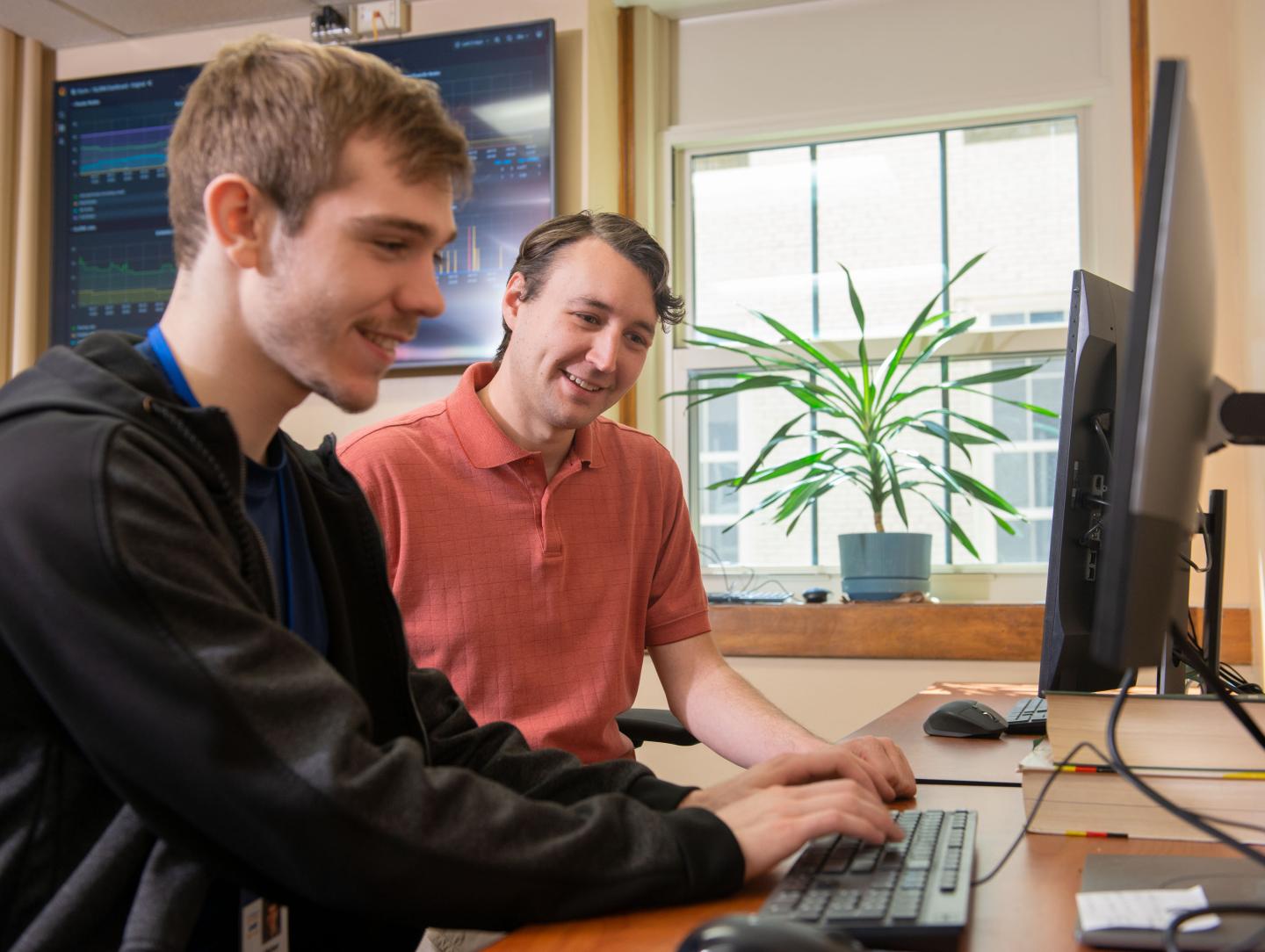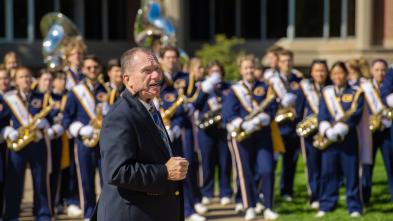Placeholder for header/hero

Work at UW-Eau Claire
Picture yourself as a part of something bigger. Take the opportunity to build a meaningful career and deep connections, both on campus and in the community. And do it all while living where big city amenities meet a small-town feel, a place that feels like home.
Intro
Picture yourself as a part of something bigger. Take the opportunity to build a meaningful career and deep connections, both on campus and in the community. And do it all while living where big city amenities meet a small-town feel, a place that feels like home.
Widgets
Page Family



